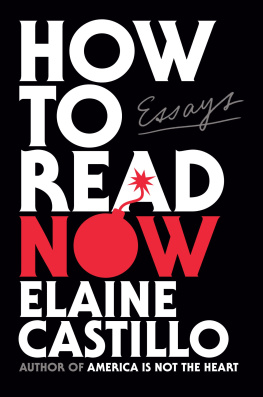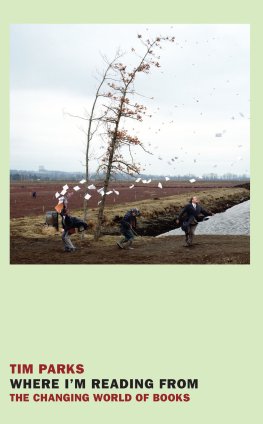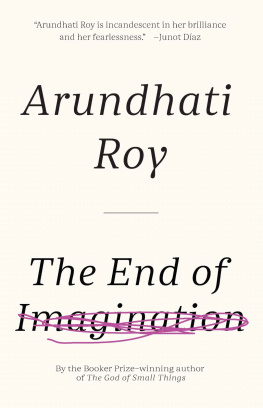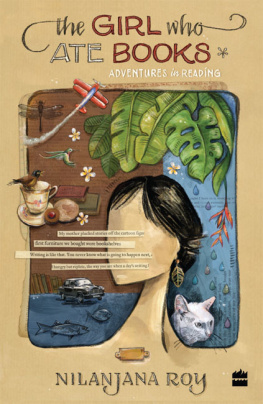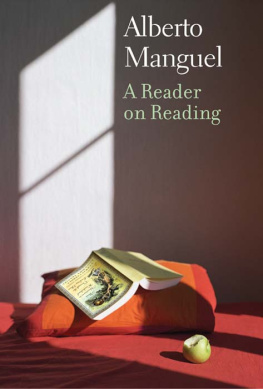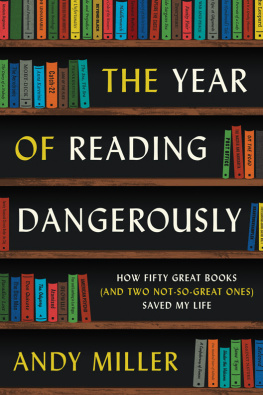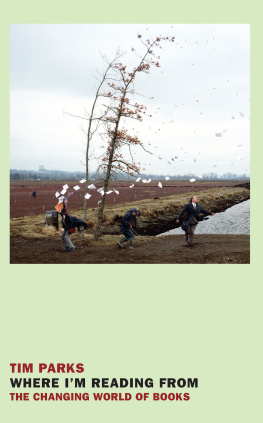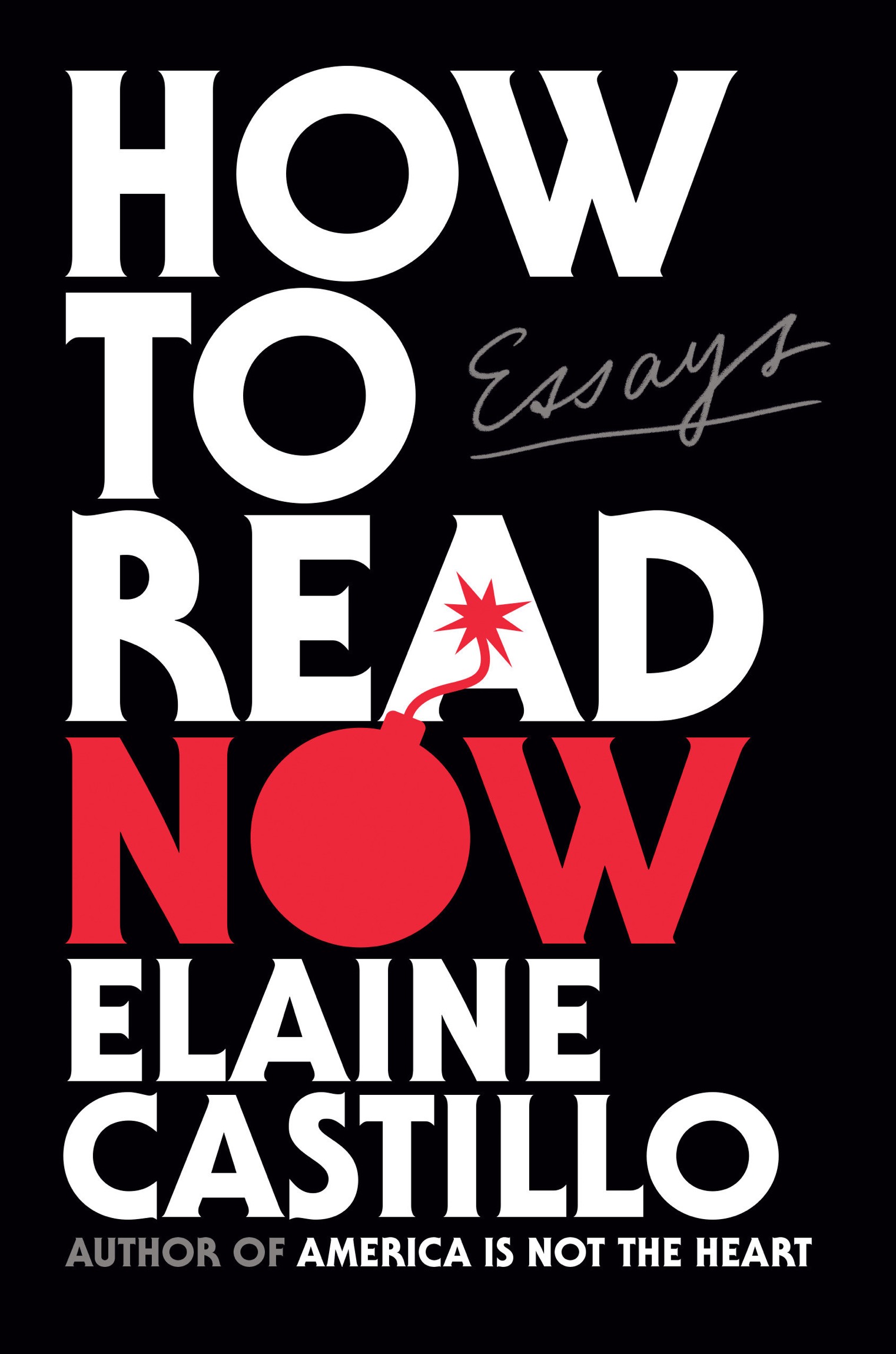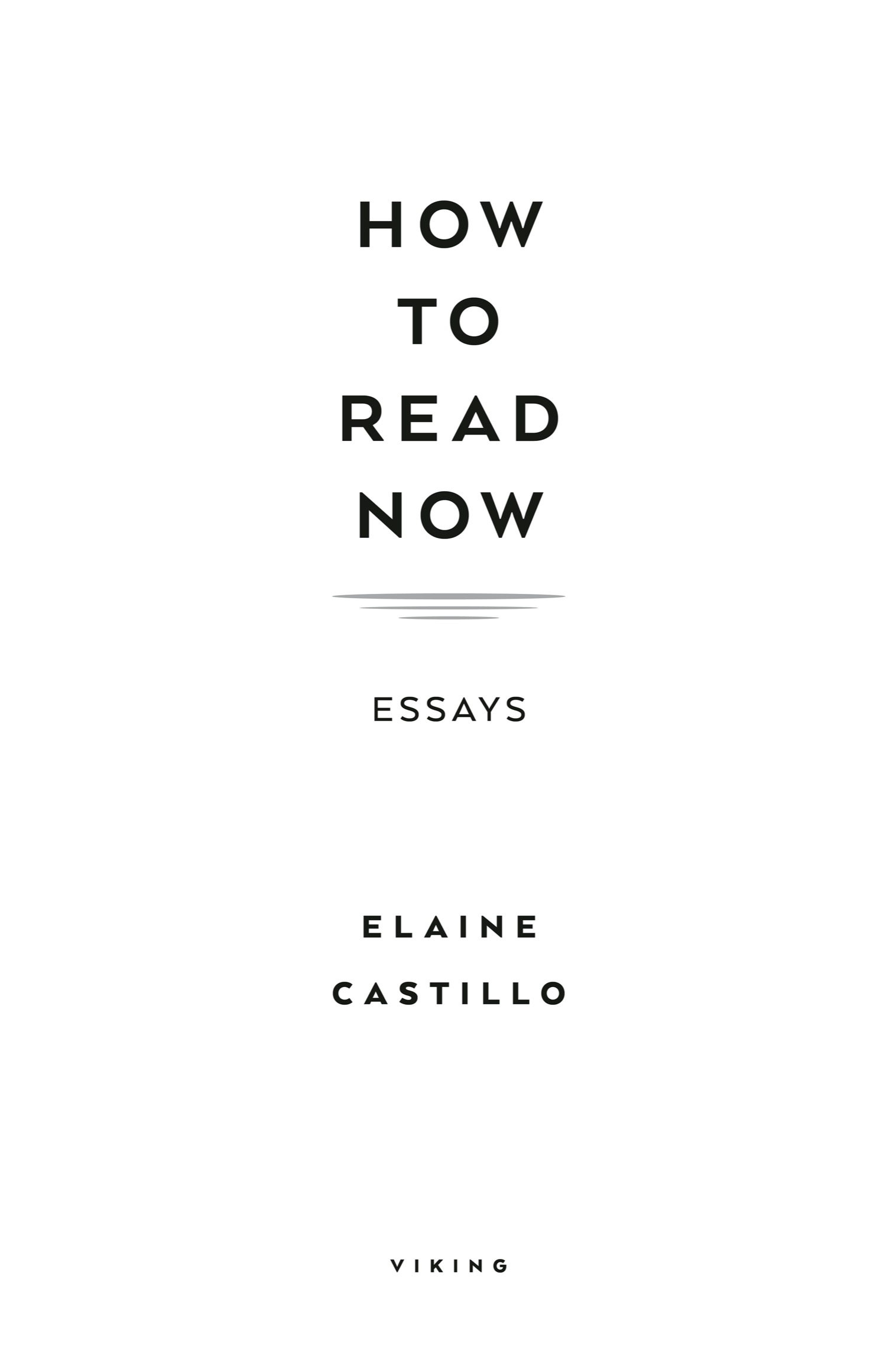ALSO BY ELAINE CASTILLO
America Is Not the Heart
VIKING
An imprint of Penguin Random House LLC
penguinrandomhouse.com
Copyright 2022 by Elaine Castillo
Penguin Random House supports copyright. Copyright fuels creativity, encourages diverse voices, promotes free speech, and creates a vibrant culture. Thank you for buying an authorized edition of this book and for complying with copyright laws by not reproducing, scanning, or distributing any part of it in any form without permission. You are supporting writers and allowing Penguin Random House to continue to publish books for every reader.
library of congress cataloging-in-publication data
Names: Castillo, Elaine, author.
Title: How to read now : essays / Elaine Castillo.
Description: [New York] : Viking, [2022] | Includes bibliographical references.
Identifiers: LCCN 2022002699 | ISBN 9780593489635 (hardcover) | ISBN 9780593489642 (ebook)
Subjects: LCSH: Reading. | Literature and society. | Literature and race. | Imperialism in literature. | Books and readingSociological aspects.
Classification: LCC PN83 .C37 2022 | DDC 418/.4dc23/eng/20220509
LC record available at https://lccn.loc.gov/2022002699
Cover design: Nayon Cho
Book design by Daniel Lagin, adapted for ebook by Cora Wigen
pid_prh_6.0_140558338_c0_r0
I said, All along I have been wondering how you got to be the way you are. Just how it was that you got to be the way you are.
JAMAICA KINCAID, LUCY
CONTENTS
AUTHORS NOTE, OR A VIRGO CLARIFIES THINGS
In the years since my debut novel came out, Ive been thinking a lot about how to read. Not about how to writeI wouldnt trust a book about how to write by a debut novelist, any more than I would trust a book about how to swim by someone whod accomplished the exceptional achievement of not having drowned, once. But reading? Most days when I look back at my childhood, it feels like first I became a reader; then I became a person. And in the postdebut years of touring, and travelingin hotel rooms in Auckland and East Lansing, on festival stages in Manila and Rome, in bookstores in London, and in the renovated community library of my hometown, Milpitasa thought came back to me, again and again; a ghost with unfinished business, a song I couldnt get out of my head: we need to change how we read.
The we Im talking about here is generally American, since thats the particular cosmic sports team Ive found myself on, through the mysteries of fate and colonial genocidebut in truth, its a more capacious we than that, too. A we of the reading world, perhaps. By readers I dont just mean the literate, a community I dont particularly issue from myself, although I am, in spite of everything, among its fiercest spear-bearers. I mean something more expansive and yet more humble: the we that is in the world, and thinks about it, and then lives in it. Thats the kind of reader I am, and loveand thats the reading practice Im most interested in, and most alive to myself.
The second thought that has come to my house and still wont grab its coat and leave is this: the way we read now is simply not good enough, and it is failing not only our writersespecially, but not limited to, our most marginalized writersbut failing our readers, which is to say, ourselves.
When I talk about reading, I dont just mean books, though of course as a writer, books remain kin to me in ways that other art formseven ones I may have come to love with an easier enthusiasm, in recent yearsarent. At heart, reading has never just been the province of books, or the literate. Reading doesnt bring us to books; or at least, thats not the trajectory that really matters. Sure, some of us are made readersusually because of the gift (and privilege) of a literate parent, a friendly librarian, a caring kindergarten teacherand as readers, we then come to discover the world of books. But the point of reading is not to fetishize books, however alluring they might look on an Instagram flat lay. Books, as world-encompassing as they are, arent the destination; theyre a waypoint. Reading doesnt bring us to booksbooks bring us to reading. Theyre one of the places we go to help us to become readers in the world. I know that growing up, film and TV were as important to my formation as a critical thinkerto the ways in which I engaged with representation in any real senseso I cant imagine not writing about them, even in a book supposedly about reading.
When I talk about how to read now, Im not just talking about how to read books now; Im talking about how to read our world now. How to read films, TV shows, our history, each other. How to dismantle the forms of interpretation weve inherited; how those ways of interpreting are everywhere and unseen. How to understand that its meaningful when Wes Andersons characters throw Filipinx bodies off an onscreen boat like theyre nothing; how to understand that bearing witness to that scene means nothing if we cant read itif we dont have the tools to understand its context, meaning, and effect in the world. That its meaningful to have seen HBOs Watchmen and been moved and challenged by its subversive reckoning with the kinds of superhero tropes many kids, including myself, grew up on. Books will always have a certain historical pride of place in my lifebut its also because of books that reading can have a more expansive meaning in that life, both practically and politically.
In a more personal sense, as a first-generation American from a working-class / fragilely middle-class upbringing, most of the people in my life simply dont read: arent sufficiently confident in their English, or dont have the leisure time, or have long found books and reading culture intimidating and foreclosed to them (for all my love of independent bookstores, Ive also been glared at like a potential shoplifter in enough of the white-owned ones to temper that love). I dont want a book called How to Read Now to speak only to the type of people who read books and attend literary festivalsand in the same vein, I dont want it to let off the hook people who think they dont read at all. I cant write a book about reading that tells people theres only one type of reading that countsbut equally, just because you dont read books at all doesnt mean youre not reading, or being read in the world. Of course, How to Read Now runs off the tongue a little easier than How to Dismantle Your Entire Critical Apparatus.
Ive been an inveterate reader all my life, and yet Im writing this book at the time in my life when I have the least faith Ive ever had in books, or indeed reading culture in general. (The fact that this sentiment coincides with having become a published author doesnt escape me.) For my sins, I havent lost faith in the capacity of books to save us, remake us, take us by the scruff and show us who we were, who we are, and who we might become; that conviction has been unkillable in me for too long. But I have in some crucial way lost my faith in our capacity to truly be commensurate to the work that reading asks of us; in our ability to make our reading culture live up to the world were reading inand for.
When I first began writing this book, I was in Aotearoa, also known as New Zealand, as a guest at the Auckland Writers Festival. Much happened in between those stolen, heady moments of writing on hotel room couches in the spring of 2019 and the (not quite) postpandemic world we now find ourselves inworrying about the nurses in my family still working on the front lines; supporting loved ones whod lost their jobs; mourning loved ones whod lost their lives; joining the many marches here in the Bay to protest the anti-Black police brutality that took the lives of George Floyd, Breonna Taylor, among so many others, as well as the rise in anti-Asian hate, fueled by Trumps virulently racist coronavirus rhetoric. Id also rolled into lockdown after already being essentially confined at home in convalescence for over two months: in December 2019, just before Christmas, Id been hospitalized for emergency surgery due to the internal hemorrhaging caused by an ectopic pregnancy, in which my left fallopian tube was surgically removed in a unilateral salpingectomy. This was my second pregnancy loss, after complications with a D&C for a miscarriage at twelve weeks left me in and out of Kings College Hospital over the summer of 2017, back when I was still living in London and editing my first novel,

